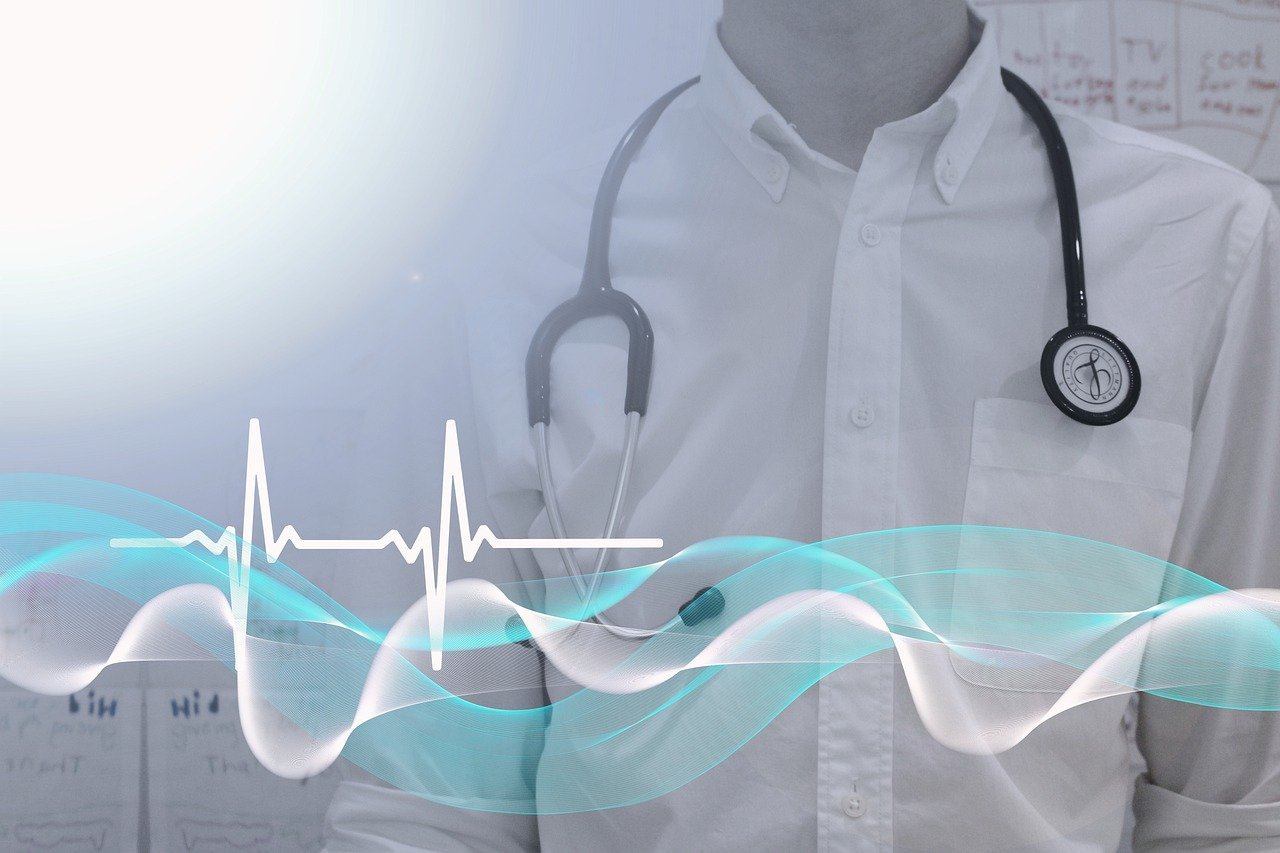Healthcare is at a turning point. Providers are facing rising costs, staffing shortages, and the growing demand for personalized care. At the same time, technology is advancing quickly, offering tools that can make the system smarter, safer, and more efficient. The real question is how these intelligent solutions can be applied in practical ways that benefit both patients and providers. From consulting expertise to advanced imaging, here are six areas where technology is shaping the future of healthcare.
The Value of Expert Consultants in Implementing Technology
Rolling out new health technology isn’t as simple as installing software or plugging in a new machine. It requires deep integration with existing systems, compliance with strict regulations, and workflows that work for doctors, nurses, and administrators. The best organizations understand that technology consultants can provide the expertise they need. An Oracle health consultant, for example, helps organizations design, configure, and maintain advanced Oracle health platforms that handle everything from patient records to billing processes.
The benefit isn’t just in getting the system up and running. It’s about making sure the technology truly serves the needs of the organization. For example, when an electronic health platform is configured correctly, it reduces duplicate testing, prevents medication errors, and streamlines scheduling. Consultants can also ensure that data from different departments is connected in ways that give providers a full view of each patient. For health businesses, this translates into less time spent fixing problems and more time focusing on patients.
Smarter Advances in Healthcare Imaging
Few areas of healthcare have seen as much progress as imaging. Once limited to grainy scans and long processing times, today’s systems are capable of producing sharper, faster, and more informative results. The latest work in healthcare imaging is about more than just better pictures. It’s about combining high-resolution visuals with intelligent software that can identify patterns invisible to the human eye.
For providers, this means earlier detection of conditions that would have previously gone unnoticed until much later stages. For example, AI-enhanced imaging can help spot subtle growths, vascular changes, or even neurological markers that would be impossible to see otherwise. Researchers are also working on reducing the radiation exposure of scans while increasing their precision. On the business side, more efficient imaging reduces the need for repeat scans, cuts costs, and increases patient satisfaction by speeding up diagnoses.
Predictive Analytics for Better Outcomes
One of the biggest promises of intelligent healthcare is the ability to forecast outcomes before they happen. Predictive analytics uses historical data, patient records, and real-time inputs to identify who is at risk for certain conditions. For hospitals, this can mean recognizing which patients might end up readmitted within 30 days, allowing interventions that prevent costly and stressful returns. For clinics, it might mean identifying which patients are most likely to benefit from a lifestyle program or medication change.
These insights aren’t just useful for patient care. They also help administrators plan resources more effectively. If data shows an upcoming spike in seasonal flu, hospitals can prepare staff and supplies in advance. For business owners, predictive analytics reduces waste and improves care coordination.
Automation to Ease Administrative Burdens
Behind every patient interaction, there are countless administrative steps that often weigh down providers. Scheduling, billing, insurance claims, and compliance reporting take enormous amounts of time. Intelligent automation is stepping in to handle much of this work. By teaching systems to recognize patterns and follow clear rules, routine processes can be completed in minutes instead of hours.
For providers, this means less burnout and more time spent with patients. For patients, it creates smoother experiences without frustrating delays or paperwork errors. The financial side benefits too, as fewer mistakes in billing and coding reduce denials from insurance companies.
Personalized Medicine and Tailored Treatments
The idea that every patient should receive the same treatment is rapidly fading. Intelligent solutions are opening the door to precision and personalized medicine, where therapies are matched to the individual’s genetics, history, and lifestyle. By analyzing massive datasets, models can suggest which drugs are most likely to work for a given patient or which side effects they may be prone to.
This is especially powerful in areas like oncology, where treatments can be targeted to the specific genetic makeup of a tumor. For chronic conditions like diabetes or heart disease, personalized plans can adjust not just medications but also diet and exercise recommendations. The shift toward personalized care makes treatments more effective and reduces wasted resources on interventions that don’t work.
YOU MAY ALSO LIKE: Seppi Technology Associates: Revolutionizing Healthcare Imaging











